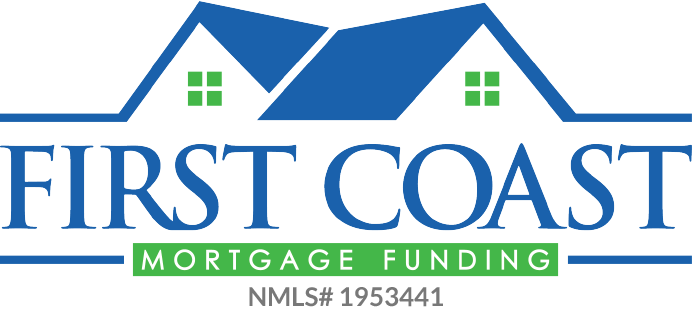If you’re a first time home buyer, you may be confused about the impact your new mortgage will have on your taxes. The tax code offers many benefits to homeowners, but tax laws vary so much from year to year that you may feel like you need to be a financial advisor to understand them. Don’t worry- we’ll help!
Read on for some facts about home ownership and taxes:
- Here’s an interesting concept: when you own your home, you are essentially your own landlord. What does this mean in terms of taxes? In some countries, homeowners have to pay taxes on the “imputed rental income.” In other words, they have to consider the money they have invested in their homes as taxable income and pay taxes on it as though they are landlords receiving that money from a tenant. Does this sound confusing? Here’s the good news: homeowners in the United States are not subject to tax on imputed rent.
- You can deduct the interest you pay on your mortgage. Since the Tax Cuts and Jobs Act (TCJA) of 2017, though, the rules on the mortgage tax deduction have changed. Prior to the TCJA, homeowners could deduct interest paid on up to $1 million worth of debt incurred in purchasing or improving a home. Further, they could deduct interest on home equity debt up to $100,000, even if they didn’t use those borrowed funds to improve the house. After the TCJA, the deduction is limited to interest on $750,000 or less of home loan debt used to buy or improve a first or second home.
- Mortgage insurance premiums are another deduction. Money paid for private mortgage insurance, FHA mortgage insurance premiums, USDA loan guarantee fees, and VA funding fees can typically be deducted as long as the insurance contract was issued after 2006. You cannot deduct this cost, however, if your adjusted gross income is more than $109,000. Homeowners’ insurance premiums, title insurance, settlement costs, deposits, down payments, or earnest money that was forfeited, and interest accrued on a reverse mortgage cannot be deducted.
- Property taxes can also be deducted. You can deduct the taxes you pay on your home, essentially transferring money from the federal government to your local government. Of course, whether for mortgage interest or property taxes, tax deductions only help you if you itemize.
- If you sell your home, you may not have to pay the full capital gains tax on it. While you generally will have to pay capital gains tax on the profits made from the sale of an asset, your home is an exception to the rule. Homeowners can exclude up to $250,000 of capital gains on the sale of their homes if they meet certain criteria, and that number jumps to $500,000 for joint filers. Here’s the criteria: the home must have been maintained as a principal residence for two of the preceding five years, and the homeowner must not have claimed a capital gains exclusion for another property in the previous two years.
If you’re ready to become a homeowner and reap the benefits of the tax breaks, contact us for help. At First Coast Mortgage Funding, we offer creative solutions to help borrowers improve credit and overcome roadblocks when trying to secure home financing. Committed to helping people in the First Coast region buy and refinance residential properties, we specialize in every kind of property, working to provide home loans to our clients at the lowest mortgage interest rates, with the best possible service. Contact us through our website or call 904.770.5000 for more information.


